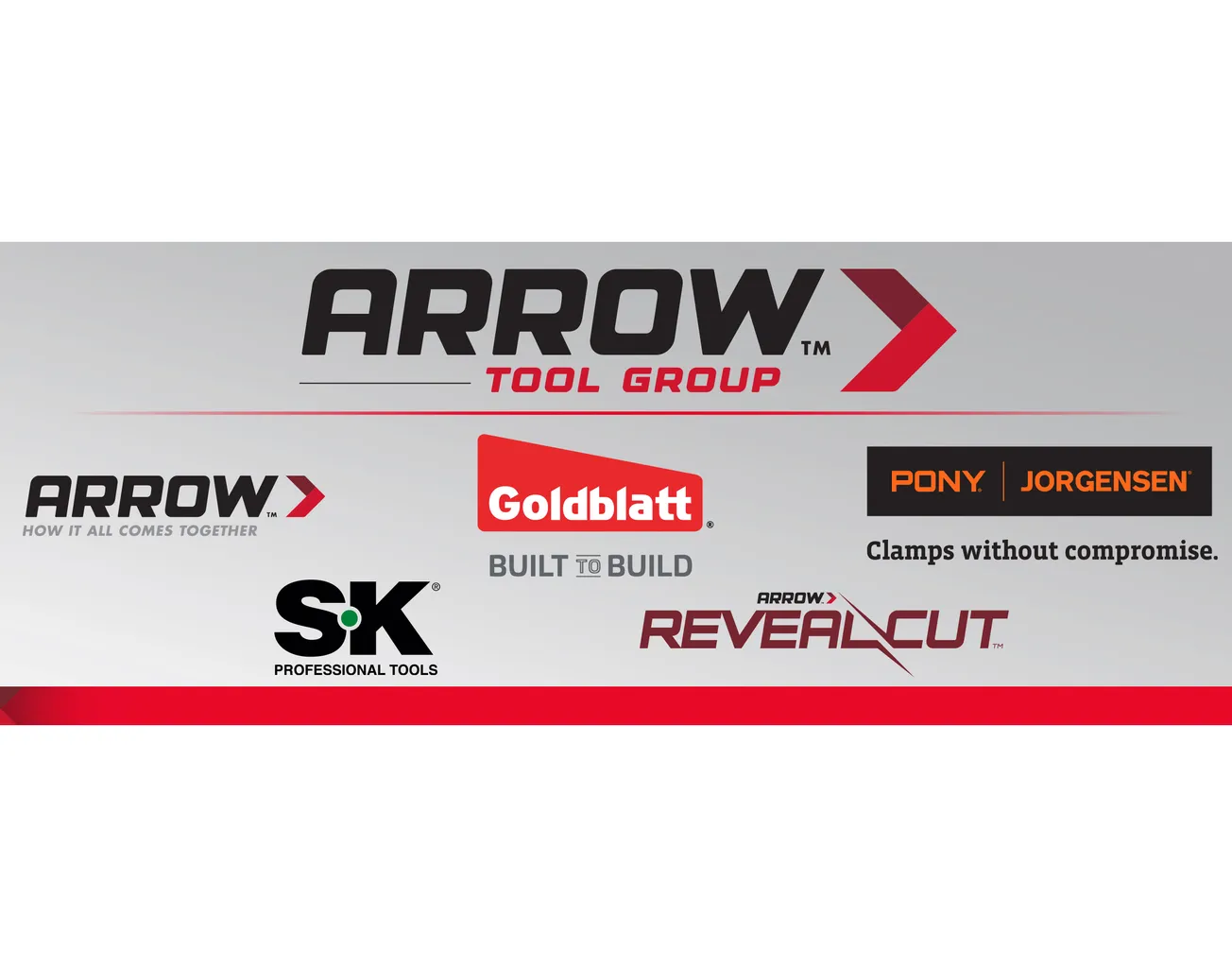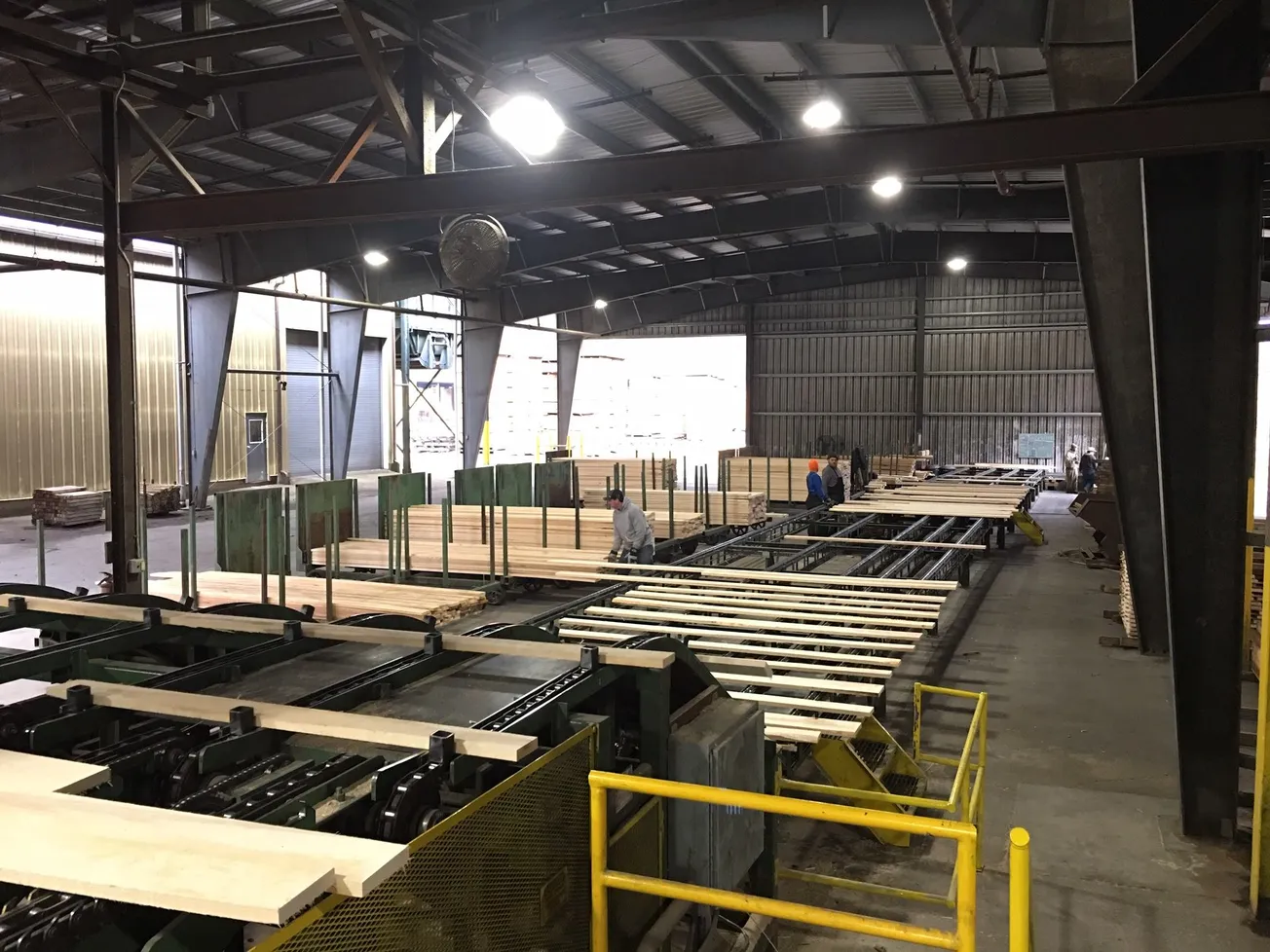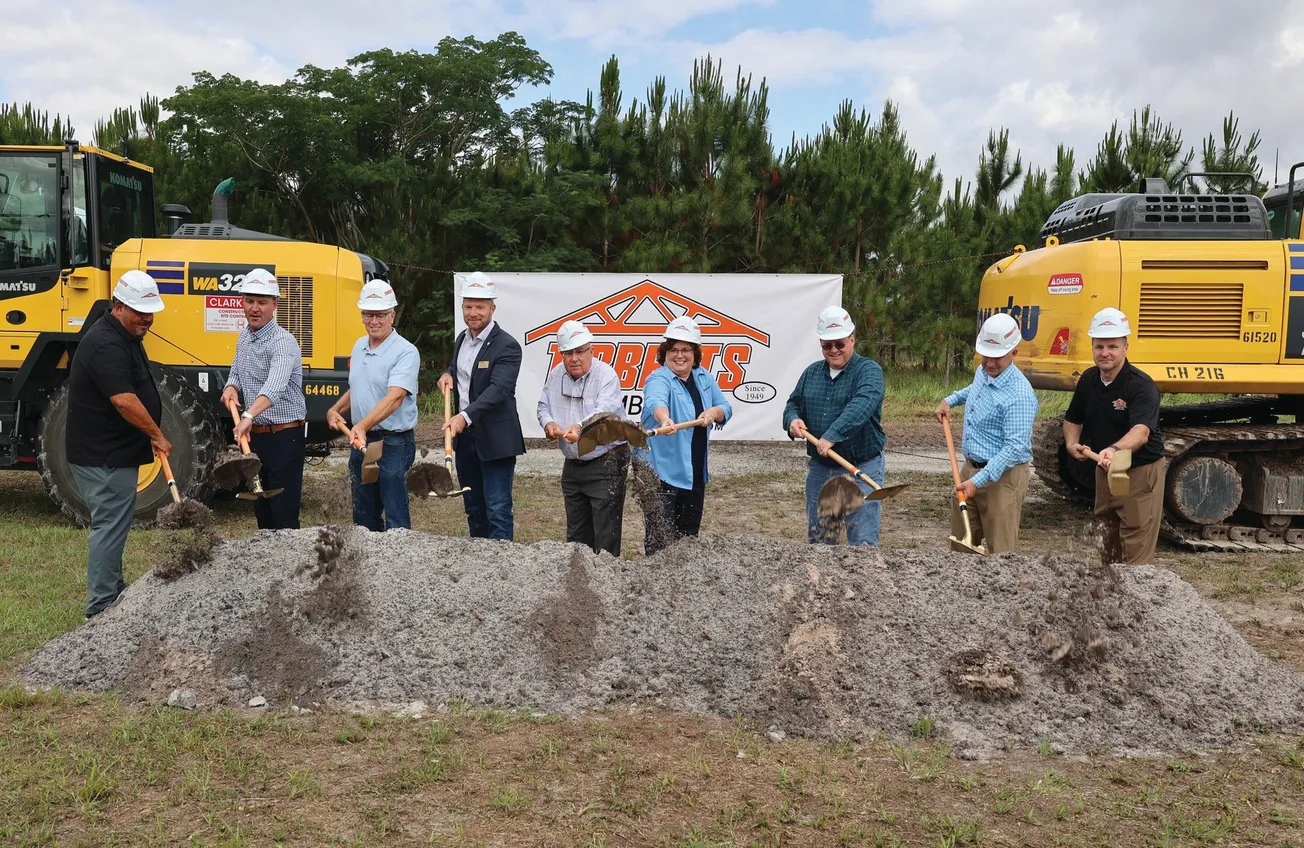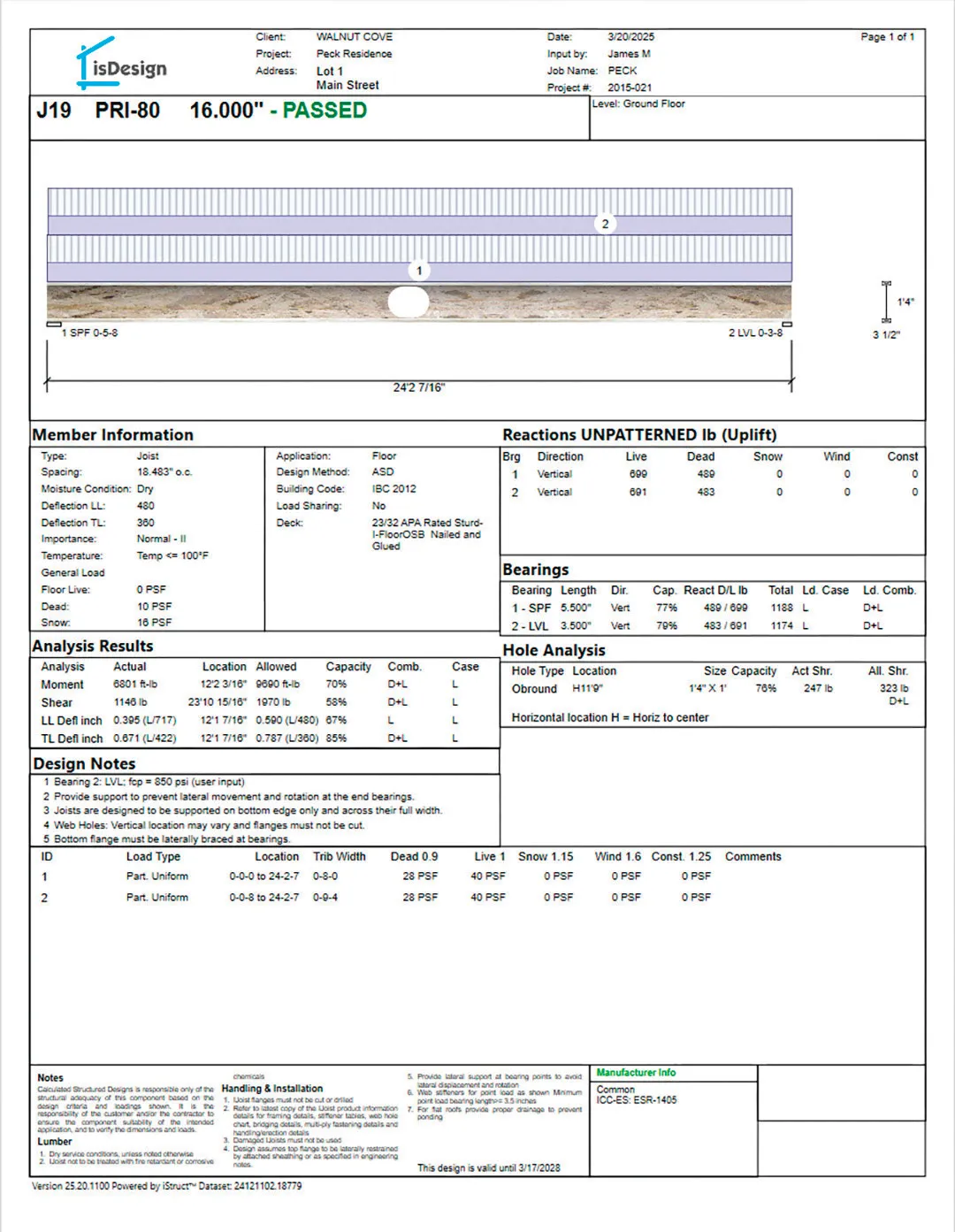Table of Contents
A Special Series from NAWLA
COVID-19 had an impact on how companies do business, and Portland-based Patrick Lumber was certainly no exception. The company’s forward-thinking mindset, however, is credited with helping it to meet the challenges of the pandemic head-on and priming it for a future beyond the pandemic.
Here is some perspective from two of the company’s insiders:
A Controller’s Take: Natalie Heacock
One of the biggest advantages of constantly keeping an ear to the ground is that it helps flag what employees want. All signs were pointing to a trend in the general labor force for more flexible schedules, including work-from-home options. Despite some level of pushback—not everyone adjusts easily to change—we initiated a gradual transition from desktops to laptops among support staff two years before the pandemic even appeared on the horizon. By the time the threat arrived on our doorstep and the decision was made to shut down the office, virtually all employees were already set up for telework… the very same day.
Patrick Lumber had gone to great lengths to ensure that people working at home felt as though they were actually “docked” in at the office. The company supplied everyone with dual monitors, a keyboard, a mouse, and a printer/scanner. As the pandemic deepened over the ensuing months, additional needs became evident; and in January 2021, Patrick Lumber took the unique step of extending a $500 stipend to each employee to purchase desks, chairs or whatever else they might need to finish outfitting their home-based workspace. Experiences early on in the crisis also identified quality home internet as an area for improvement; therefore, another stipend was targeted specifically at boosting capacity. The money allowed employees to optimize their connection—especially in busy households where multiple users share access. In essence, we wanted to give our employees every single tool to succeed; and so far, it has worked.
The fact that all of this was able to take place in the turbulent time that it did is a fortunate coincidence. But it was Patrick Lumber’s foresight and desire for improvement that drove the project in the first place. The company was also already in the middle of downsizing its office space, with the expectation that most employees would come into the office some days each week but perform their jobs remotely on others. The pandemic merely fast-forwarded that initiative. More than a year later, concern about resistance from employees to remote work has dissipated. More than likely, any pushback would come instead from a requirement for in-office hours now that the country has opened back up. We’ll never know, though, because Patrick Lumber isn’t requiring anyone to have mandatory office time; and we won’t require that going forward.
What will happen is continued effort to keep the lines of communication open and the focus on our people. As Patrick Lumber trader Chelsea Brown likes to say, “You have to look inward before you look outward.” Taking time out of each day to call individual employees for light and easy conversation about what’s happening in their world and what kind of needs or wants they have keeps me and the company in the loop about what’s important to our staff as things continue to evolve. That matters, because happy people = a happy bottom line.
Through the Eyes of a Trader: Chelsea Brown
In order to attract talent—and retain it—you have to be in front of what your employees want and need. I think Patrick Lumber has done an exceptional job of that, with credit to our leadership and forward-thinking of controller Natalie Heacock for being out in front and asking, for example, what Portland companies are doing to hold onto their talent. Taking a cue from major brands such as Nike and other large employers, Patrick Lumber now recognizes “summer hours” between Memorial Day and Labor Day. Instead of putting in a full day, workers wrap up the week at noon on Fridays. Continuing to be forward-thinking on everything from work hours and beyond will make us unique in our ability to adapt.
The proof is in the pudding—or, in this case unfortunately, the pandemic. We never intended that a global public health crisis would be the testing ground for our switchover to a home- and office-based “docking” culture, but it’s been an eye-opener nonetheless.
The business environment since COVID-19 has been challenged by skyrocketing lumber prices and a major trucking shortage, among other hurdles. In May, for example, for every 97.5 loads, there was just one flatbed available. Try to imagine the kind of pressure that puts on a sales team to get the product to their customer and the sales support team to book that truck and try to find a competitive rate. Capacity has improved since then; but kudos go out to the entire sales team for adapting to this market and finding a way to make things happen despite all of the background “noise.”
We also finally nailed down a goal that had been slippery pre-pandemic: regular, consistent, and productive meetings. The launch of weekly video team meetings changed our whole dynamic, strengthening communication among colleagues and facilitating transfer of knowledge. Those meetings have since adjusted to a monthly schedule as we continue to adapt to the needs of the moment, but they remain invaluable.
Being able to adapt set us up for success and without this corporate culture backing us, I can’t imagine what kind of horror stories we’d be re-telling right now. Instead, I’m proud to know that we have leadership at Patrick Lumber—a very traditional company that’s more than a century old but that has shown that it’s open-minded to new ideas.
The traditional mentality, for example, used to be that you had to be at your desk from 9-5 every day; and if you called in or were 10 minutes late, you weren’t doing your job. Now, we’re trusting all employees to work from home or to work on the road; but the job still has to get done—and it does! Does that mean 9-5? Maybe for you it does. Maybe it means 5 a.m.-2 p.m. for your colleague. Are you engaging? Are you showing up? Are you getting the task done and taking care of the customer? Personally as a trader, I have learned to trust the process. I give trust and respect to my colleagues, and it is reciprocated. That’s what matters at the end of the day.
One of the biggest takeaways from the pandemic for me is that you still show up even if you can’t be there physically. This is a still very much so a relationship business. You’re always shaking hands, you’re always visiting a mill, you’re always on the ground in sales—but a lot of that still hasn’t resumed yet. In lieu, you really have to get creative and be present in other ways. I sent customers care packages during the pandemic—sanitized, of course! I also was honest at some point about how the isolation was affecting me. I think that sense of vulnerability opened up another level of communication with vendors, clients, colleagues, and my NAWLA 10 Group that maybe we wouldn’t ever have had without the pandemic. That was a really big lesson: the importance of the human connection. It’s going to be more difficult to achieve if you’re not physically present, but you can still reach out. I can’t wait to see everyone this year at Traders Market and connect again for the first time since San Antonio 2019.






